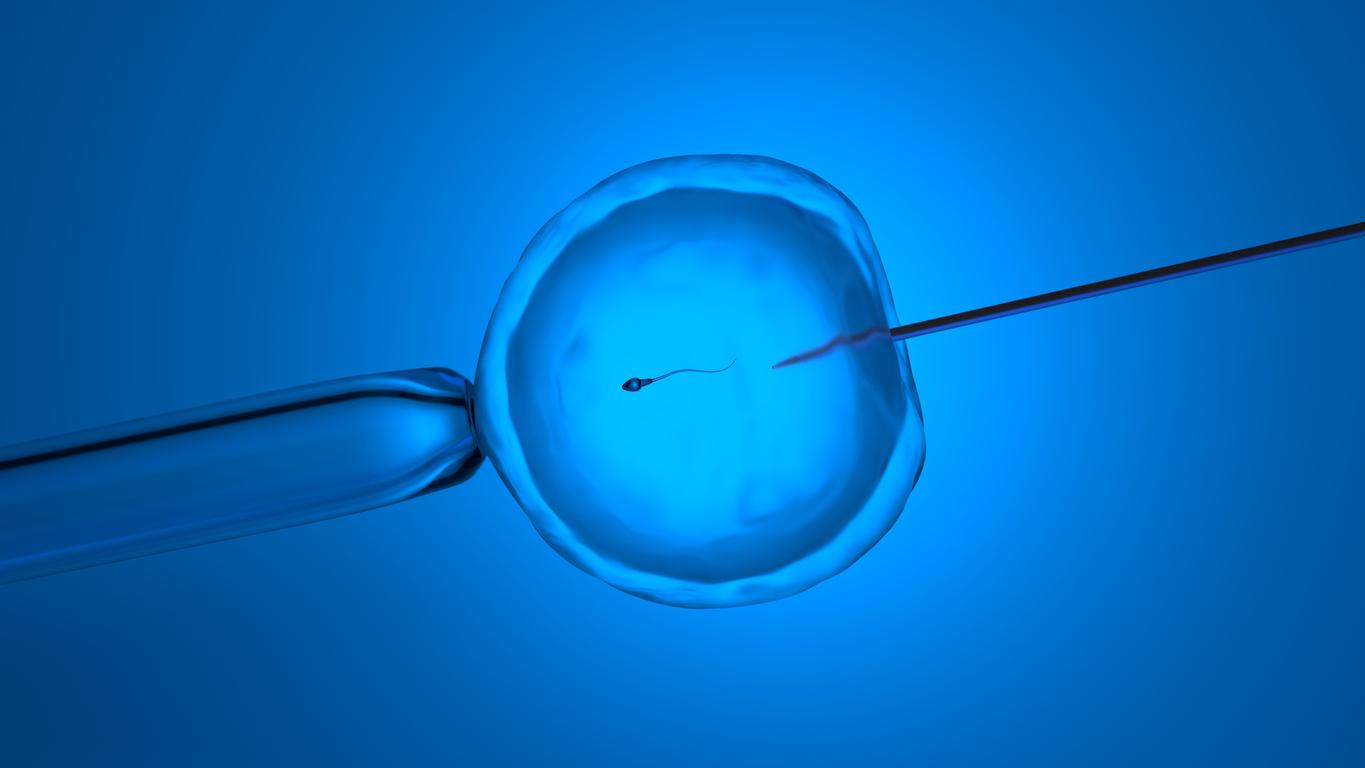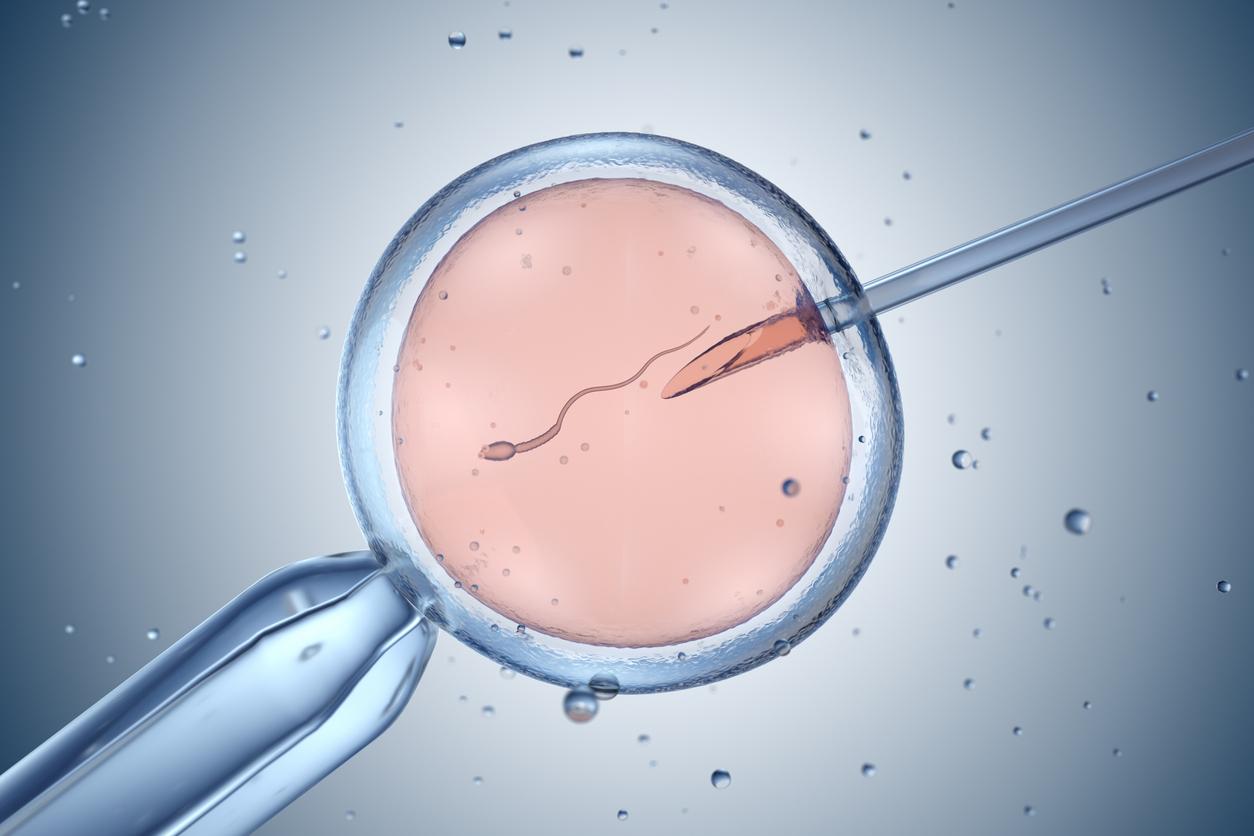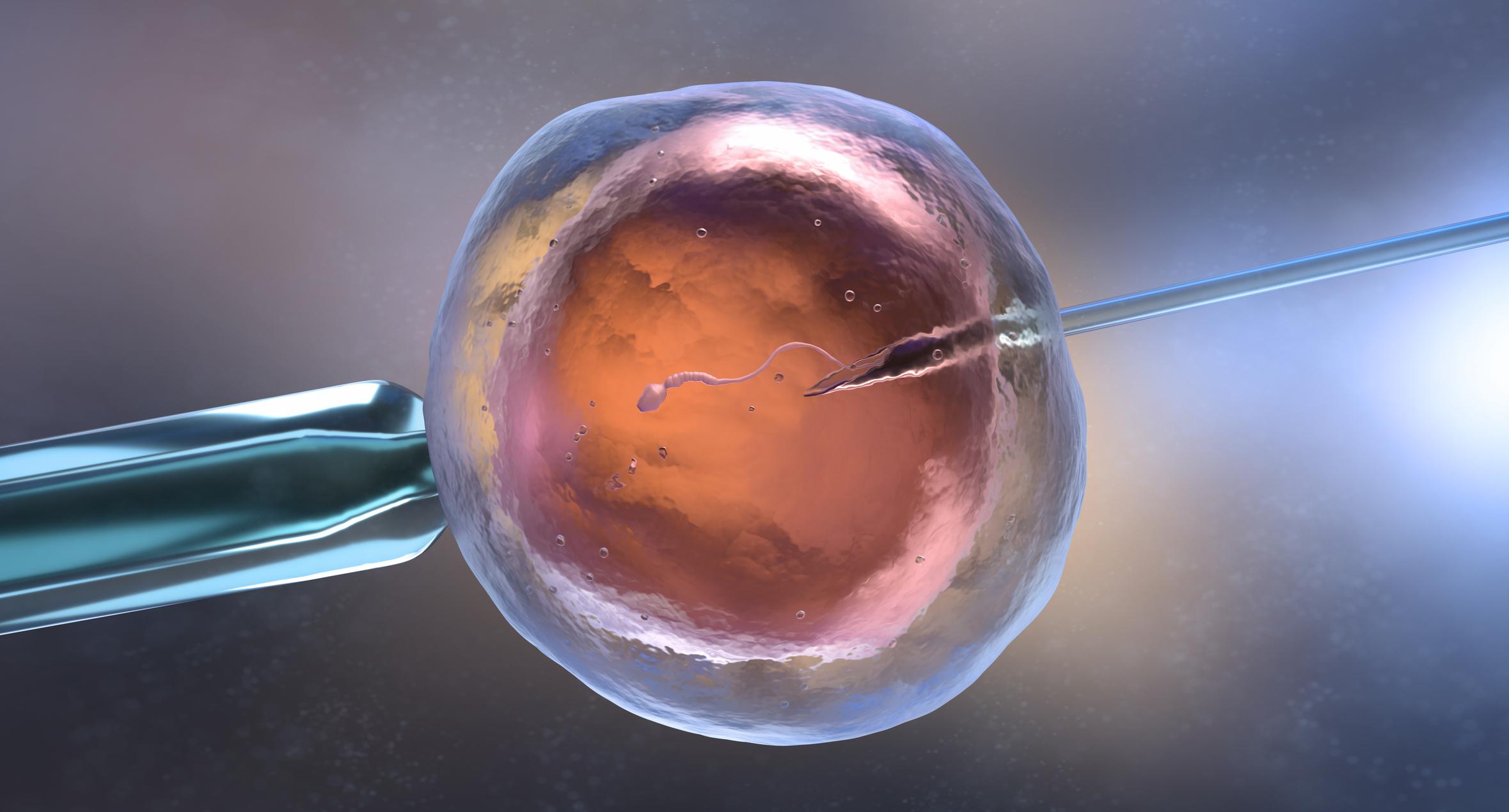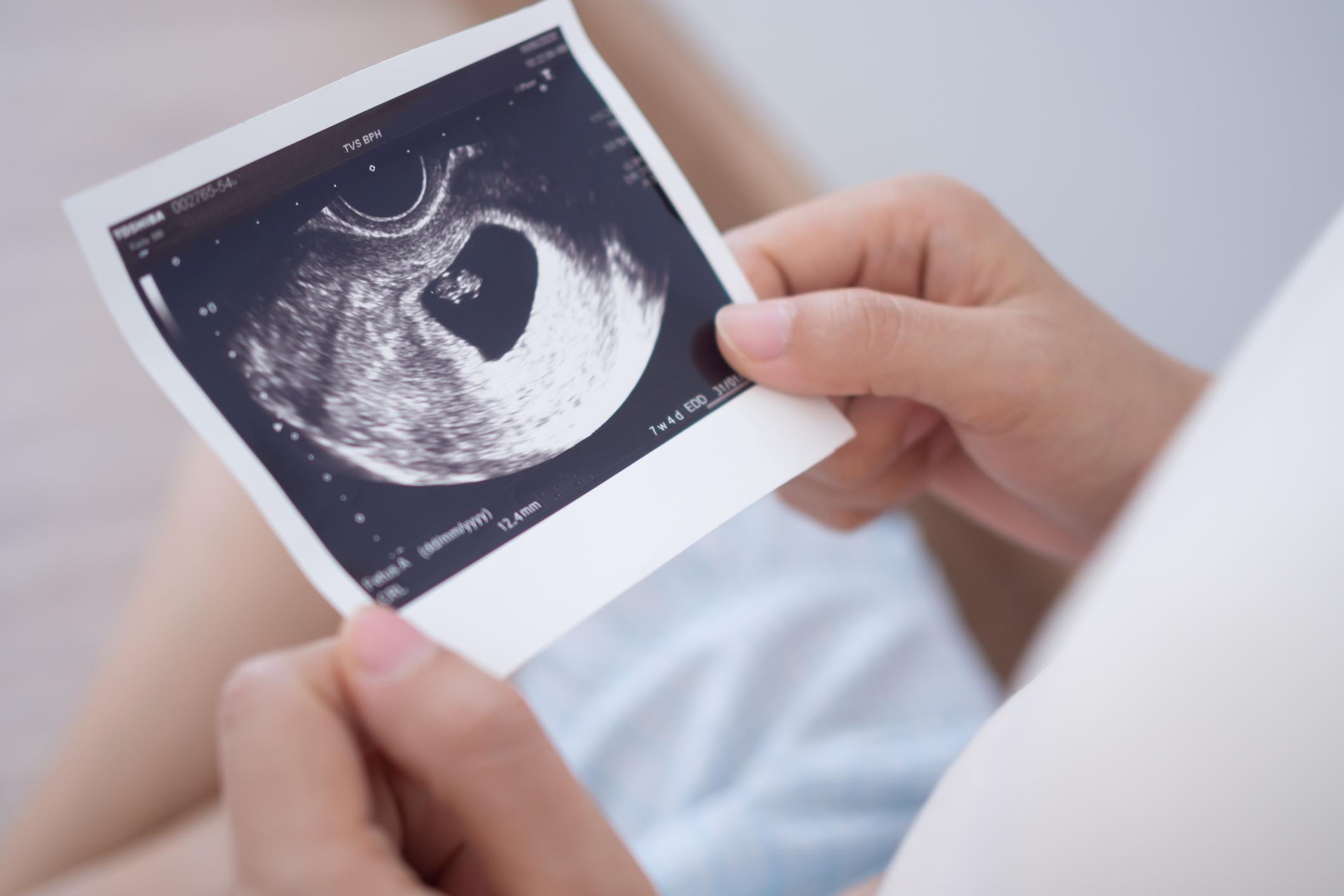And if to be born through IVF protected your health and offered you a better quality of life around your thirties? This is the finding of a new study conducted by scientists from the University of Melbourne, the results of which were published on February 22 in the journal Human Fertility.
“Much research has focused on the physical health and development of adolescent children conceived through medically assisted procreation methods. Less is known about the quality of adults conceived by an ART technique“, said the researchers.
In order to compare the health of adults born through IVF with that of naturally conceived people, the researchers analyzed data from 193 people conceived by assisted reproductive technology and 86 people conceived naturally. Aged 22 to 35, participants completed a form about their quality of life when they were 18 to 28, and when they were 22 to 35. A questionnaire based around four major axes: physical health, social relationships, mental health and the environment.
A good relationship with your parents, the secret to a better quality of life?
After comparing the data from the two groups, the scientists came to the following conclusion: being conceived by an assisted reproduction method can confer significant benefits in terms of quality of life in adulthoodespecially in the fields of social relations and the environment.
“Having less psychological distress, a healthier relationship with parents, better financial status, and feeling the right weight between the ages of 18 and 28 contributed to a better quality of life in adulthood“, explains the study.
If the study reveals, unsurprisingly, that a better relationship with one’s parents was linked to a better quality of life, that between parents having recourse to MAP and their child is particular. “People who become parents after medical reproductive technology may have a particularly strong desire and commitment to parenthood and feel lucky to have had a positive outcome.“, can we read in the study.
Source :
- “Does being conceived by assisted reproductive technology influence adult quality of life?”, Human FertilityMarch 22, 2022
Read also:
- After IVF, women are 26% more likely to have a premature child
- Egg and sperm donation: an unprecedented donation record in 2021
- Infertility: 9 things to know if you want to have children later

















